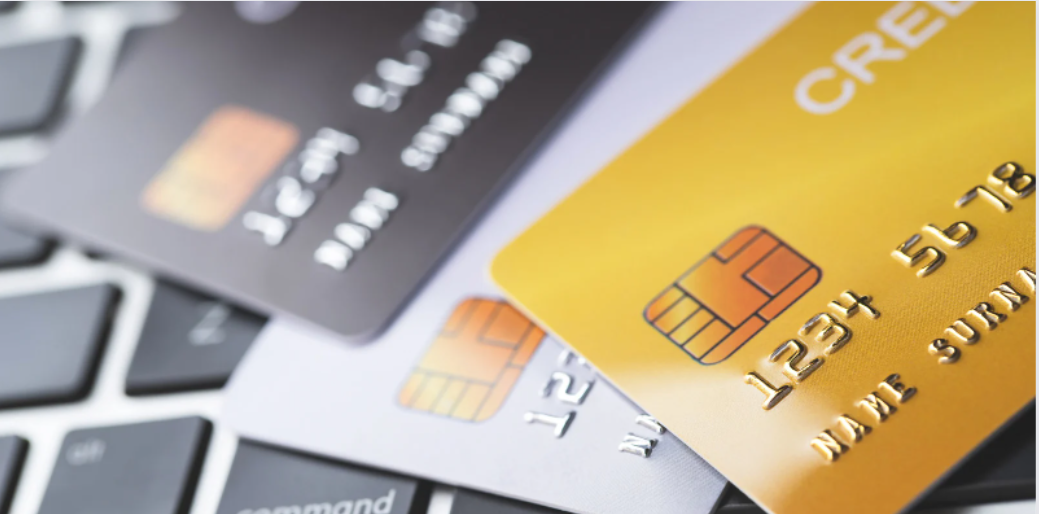Credit cards are one of the most common financial tools in use today. They offer the convenience of easy access to money and can be a helpful tool when managed responsibly. However, they also come with some significant disadvantages that must be considered.
Let us explore the disadvantages and advantages of credit card and the difference between credit and debit cards. But first, some facts.
Difference between Credit Card and Debit Card
Any payment card associated with a checking account is referred to as a debit card. Funds are taken straight out of the account when a purchase is made. The borrower must pay back the loaned amount plus interest and fees. When used as a payment card, a credit card cannot be used to borrow money from a bank or other financial organization.
Credit cards’ ability to help build a credit history is a significant difference between credit card and debit card. Using credit cards properly can assist in establishing a strong credit history, which is necessary for acquiring loans and other types of credit in the future. On the other hand, since debit cards are not regarded as a form of credit, they have no impact on credit scores.
Advantages of Credit Cards
Given below are some of the advantages of having a credit card.
- Convenience
One of the main advantages of credit cards is their convenience. They allow users to make purchases without having to carry cash or checks. They are widely accepted by merchants and can also be used for online purchases.
- Rewards Program
Several credit cards offer cash back or travel points as incentives for using the card. When accumulated over time, these perks can be very beneficial for regular users.
- EMI Capability
Put a significant purchase you had planned on making on your credit card to put off paying for it if you want to use only some of your money. Also, you can pay for your purchase in equalised monthly installments, which will save you from making a lump sum payment that will deplete your bank account. When buying an expensive refrigerator or television, paying with EMI is more affordable than getting a personal loan.
- Building Credit
As previously mentioned, responsible use of a credit card can help build a healthy credit history. This is important for securing future loans, mortgages, and other forms of credit.
- Emergency Fund
Credit cards can also serve as an emergency fund. If unexpected expenses come up, a credit card can be used to cover the costs. This can be especially helpful in situations where access to cash is limited.
- Fraud Protection
Credit cards offer fraud protection, which means that users are not responsible for unauthorized charges made to their accounts. This can provide peace of mind and added security for users.
Disadvantages of Credit Cards
Here are some of the drawbacks of having a credit card.
- High-Interest Rates
Credit cards’ high-interest rates are one of their main drawbacks. If the outstanding balance is not paid in full each month, interest will quickly accumulate and result in substantial debt.
- Fees
Also, there may be several costs associated with credit cards, such as annual, late and balance transfer fees. These fees affect the overall credit card cost as they accumulate over time.
- Debt
If credit cards are not utilised correctly, they can potentially result in debt. It can be simple to overspend and build up a sizable balance that is challenging to pay off.
- Temptation to Overspend
Credit cards can also create a temptation to overspend. The ease and convenience of using a credit card can make it easy to make purchases without considering the long-term financial impact.
- Impact on Credit Score
While using a credit card responsibly might assist in improving credit, abusing it can have the reverse impact. A lower credit score may affect future access to credit. Late payments, large debt, and other undesirable habits can also impair credit scores.
Also Read: How to track Credit Card Application
Conclusion
In conclusion, the benefits and drawbacks of credit cards must be considered together before getting one. They might be a useful financial instrument for establishing credit, making purchases, and covering unexpected expenses. They can, however, also result in debt, exorbitant interest rates, and other costs if they are not used properly. Users who are aware of the benefits and drawbacks of credit cards are better equipped to decide whether or not to use them and how to do so efficiently.


